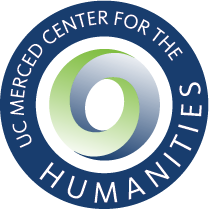
Cecilia M. Tsu is Associate Professor of History at the University of California, Davis. She is the author of Garden of the World: Asian Immigrants and the Making of Agriculture in California’s Santa Clara Valley (Oxford University Press, 2013). Her current book project examines the evolution of Southeast Asian refugee resettlement policy and its intersection with the rise of modern conservatism in the 1970s-1980s.
I am a historian of the United States whose research specialization encompasses Asian American history, race and ethnicity, immigration, and refugee resettlement, spanning the nineteenth and twentieth centuries. My current book project examines the history of Southeast Asian refugee resettlement policy in the United States from 1975 to 1990. I focus specifically on the Hmong, a minority group in Laos the Central Intelligence Agency secretly recruited beginning in 1961 to fight the ground war for the U.S. against communist forces Southeast Asia. This vital alliance qualified them to enter the U.S. as political refugees following the American withdrawal from Vietnam in 1975. In the 1980s, resettlement officials consistently identified the Hmong as the most challenging of all Southeast Asian refugee groups to assimilate, echoing press accounts that characterized them as illiterate people from the “Stone Age” who had “made one airplane flight from the 16th century to the 21st.” The Hmong thus present a particularly apt case study of how much the state was willing to extend its assistance to help refugees achieve economic self-sufficiency, as well as the complexity of the debates over resettlement policy, social welfare, and the incorporation of nonwhite ethnic minorities in the American mainstream.













